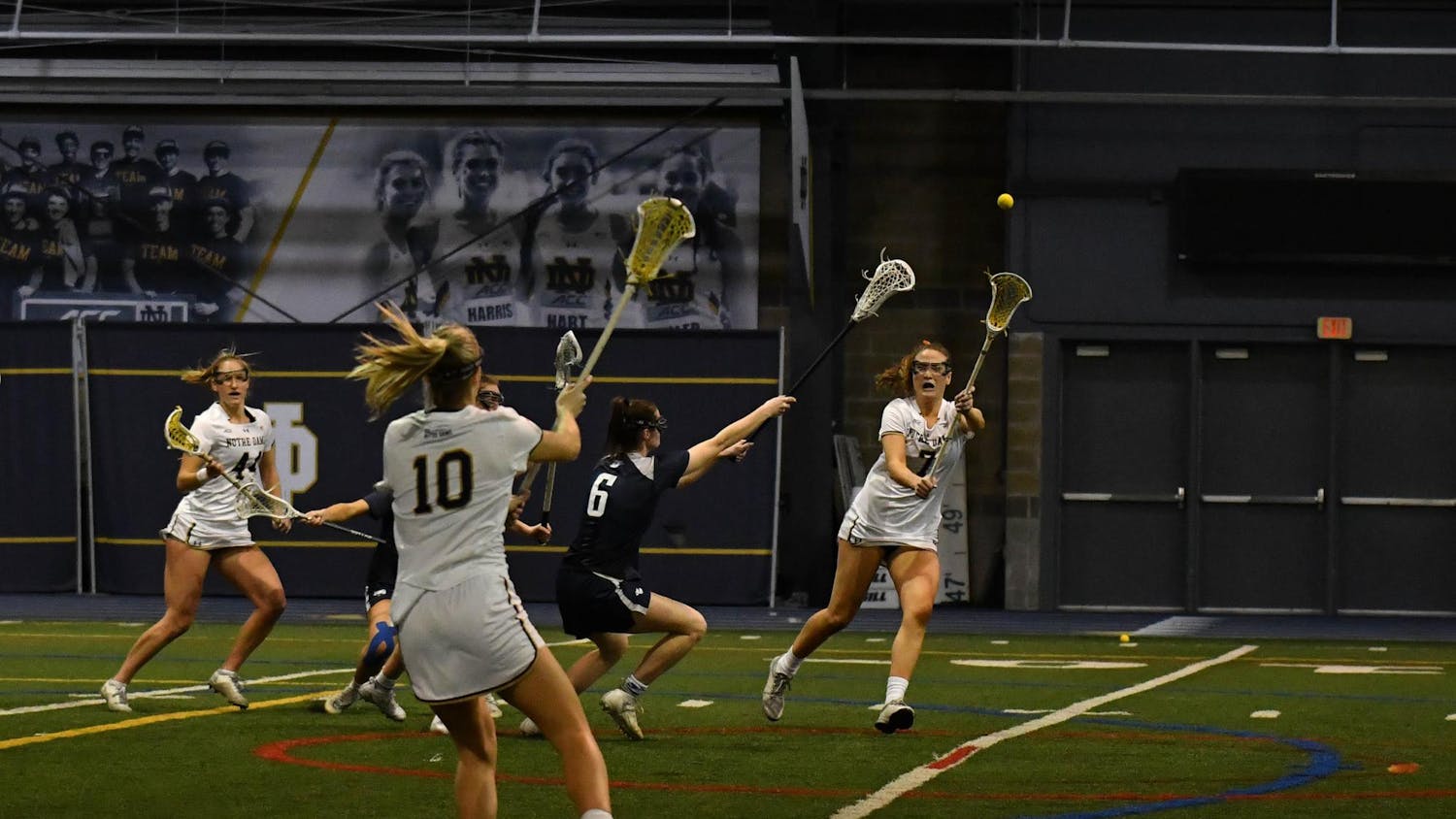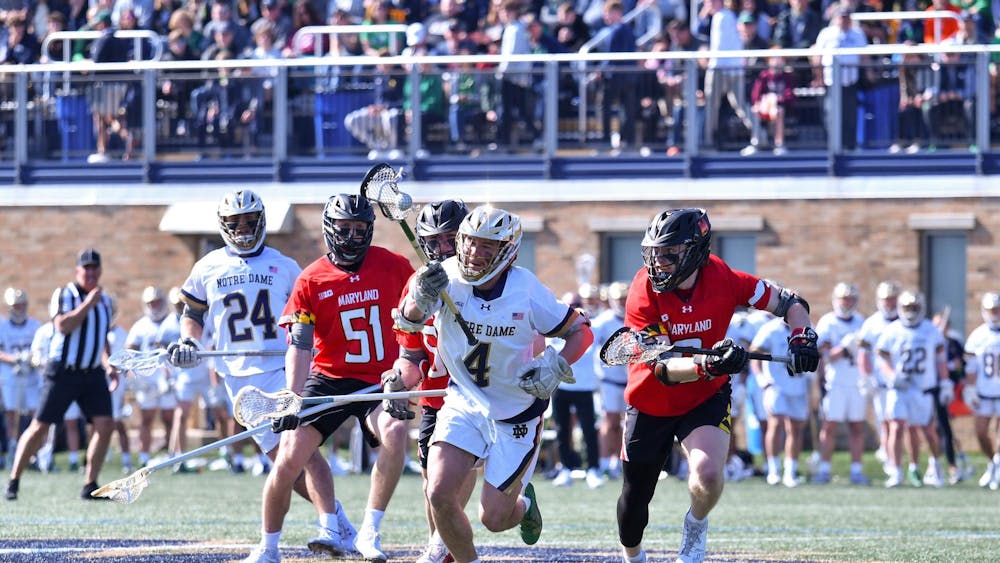I’m going to start my column like you might expect an eighth-grade term paper to start:
F. Scott Fitzgerald, author of one of the greatest books of all time, once said, “The test of a first-rate intelligence is the ability to hold two opposed ideas in the mind at the same time and still retain the ability to function.”
And after nine weeks of the college football season, I’m holding two opposed ideas in my mind.
On one hand, I’m convinced there’s not a “really good” team in college football this year — each squad in the country has obvious flaws, unlike the dominant Alabama or USC teams we saw reign throughout the last 10 years.
But on the other one, there are still 11 unbeaten teams left in the FBS entering November, eight of which are from “Power Five” conferences. That’s an insanely high number that would seem to suggest there’s a slew of good teams in college football this year rather than a dearth of them.
Which is it?
Let's take a look at last season, where entering November, there were just three teams in college football left without a loss — Mississippi State, Florida State and Marshall. The Seminoles survived a test against Notre Dame in October, and the Bulldogs beat LSU, Texas A&M and Auburn in consecutive weeks before November hit.
Amongst the one-loss teams, you had plenty of conclusive, important results — Ole Miss topped Alabama, Baylor came from behind to beat TCU, Oregon beat Michigan State, Arizona knocked off Oregon and Auburn beat Kansas State. Add the Florida State/Notre Dame and Mississippi State/Auburn results, and you’d already had an abundance of games between teams who entered November as one-loss or unbeaten teams.
By the time the leaves had fallen, it felt like a legitimate season.
But look at this year — it’s been filled with generally apathetic games to this point, with most teams’ schedules appearing to be backloaded.
No. 1 Ohio State’s best win? Penn State, I suppose. No. 2 Baylor’s is probably Texas Tech, and the same can be said about the other two Big 12 unbeatens, No. 5 TCU and No. 12 Oklahoma State.
No. 10 Iowa’s best win is Northwestern, while No. 6 Michigan State’s best win is over a two-loss No. 16 Michigan squad.
Just a pair of undefeated teams — No. 4 LSU, who beat No. 11 Florida, and No. 3 Clemson, who beat No. 8 Notre Dame — have wins over one-loss teams; and the number of major one-loss squads who can say the same? One. Those same Irish, who beat Navy three weeks ago and No. 23 Temple on Saturday.
The point?
There simply haven’t been many big games on the docket yet this year in college football. Michigan State’s early-season contest with Oregon looks inconsequential now, while Michigan’s losses to the Spartans and No. 13 Utah are amongst the biggest games to this point.
So thank you, November, for coming to the rescue.
This Saturday alone, we’ll see three marquee games, as No. 17 Florida State visits Clemson, TCU heads to Oklahoma State and LSU goes to No. 7 Alabama. That's three games that’ll have legitimate playoff implications, no matter the result.
No. 14 Oklahoma’s trip to Baylor will headline action Nov. 14, while Nov. 21’s slate looks really nice: Michigan State visits Ohio State, the four contenders in the Big 12 play each other, and LSU’s trip to No. 19 Mississippi could decide the SEC West.
Then the weekend after Thanksgiving comes — TCU hosts Baylor on Friday, while we’ll be treated to the Bedlam Series (Oklahoma-Oklahoma State), Florida State at Florida, Ohio State’s trip to the Big House and a potential “play-in” game between Notre Dame and No. 9 Stanford.
Throw in December’s conference title games, and so much of it is left to be decided on the field between now and the end of the year.
So about that concept of a first-rate intelligence.
I’ve got these two opposing viewpoints in my head: Is everyone good? Is nobody good?
And I’m content with not retaining the ability to function.
Because right now, there’s simply not enough evidence to do so.













